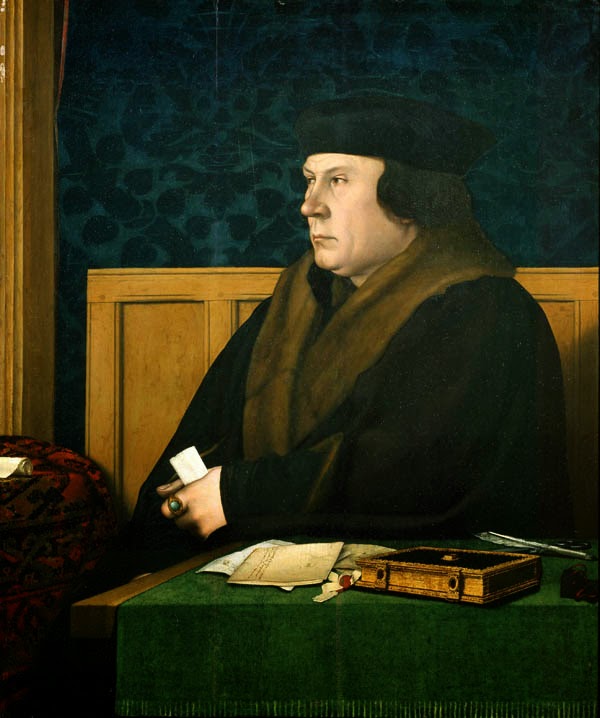Afterwards, on Friday night and Saturday morning, I continued my reading frenzy, then immediately returned ‘Wolf Hall’ to the library and walked straight to the shelves to find its 407 page sequel, ‘Bring Up the Bodies’. Normally I want a time-out period from any given author but the fact that I reached for ‘Bring Up the Bodies’ and not some other book made me fully aware of the extent of Hilary Mantel’s triumph.
‘Wolf Hall’ is a Tour de Force. It's mesmerising. I marvelled that the author could conceive of such an original angle on a period of Tudor history so thoroughly examined by so many others. I marvelled that she could hold the whole shape of her story in her head well enough to produce such a stunningly intellectually consistent and imaginative evocation of a 500 year old story.
As a magnificent piece of writing it’s marred only by certain punctuation problems. These include the inappropriate use of colons and, in its quotation-free dialogue, the need for paragraph breaks in some places to indicate a change of speaker identity. Adopting the pronoun ‘he’ to signify that Thomas Cromwell is speaking or thinking proved very confusing too. These basic editing problems force readers to pay close attention, constantly, in order to work out the author’s meaning at any given time.
These issues detracted somewhat from enjoyment of the beautiful imagery throughout the book, such as the following: And the summer arrives, with no intermission for spring, promptly on a Monday morning, like a new servant with a shining face: 13 April.
By using their various titles where possible, the author did manage to avoid some of the confusion of a story containing eleven important characters with the given name of Thomas:
- Thomas Audley – lawyer
- Thomas Avery – Cromwell’s household accountant
- Thomas Boleyn – Anne’s father
- Thomas Cranmer – Archbishop of Canterbury
- Thomas Cromwell – lawyer
- Thomas Howard – Duke of Norfolk, Anne Boleyn’s uncle
- Thomas More – lawyer
- Thomas Seymour – Jane Seymour’s brother
- Thomas Wolsey – Archbishop of York
- Thomas Wriothesley – diplomat
- Thomas Wyatt – son of a courtier
As for the protagonist, Thomas Cromwell – what a man. I loved Mantel's characterisation of him. The son of a blacksmith, he was raised in the school of hard knocks and was no oil-painting to look at, as the Holbein portrait proves. But, equipped with that rarest of educational attributes for his times - an international view of the world gained during his years in Europe - he rose and rose.
Cromwell's innate intelligence, broad-ranging competencies, basic humanitarianism and his own brand of moral compass enabled him to outsmart everyone of superior rank in society and fend off the court’s status-conscious wolves – for a time, at least. Just do the work, keep calm and carry on, that was his personal motto at court. It's a nice play on words that 'Wolf Hall' was the family home of Jane Seymour, who makes tantalising appearances throughout this book but is not yet in focus as Anne Boleyn's successor. As portrayed by Mantel, Cromwell was loyal to a fault to his family, friends and hired underlings, while his loyalty to his employers, first Thomas Wolsey and then Henry VIII, was the driving force of nearly every remarkable turn in history as England rejected the church of Rome’s authority and began to rule itself.
This is a wonderful book. I’m also thoroughly enjoying its sequel 'Bring Up the Bodies', a continuation of Cromwell's story and already containing reading gems by page four: now the sky is so clear you can see into Heaven and spy on what the saints are doing. It is her creative way of thinking which makes Mantel such a great writer. Oh that we creators of more modest tomes with history at the core could do half as well.


No comments:
Post a Comment